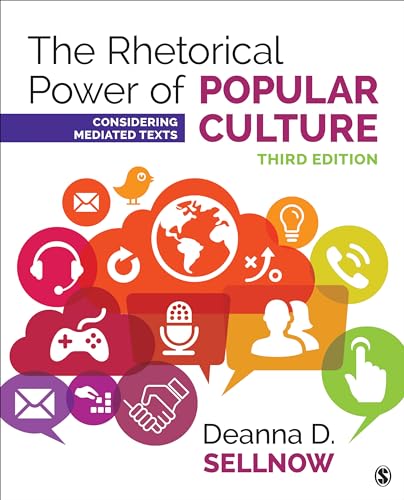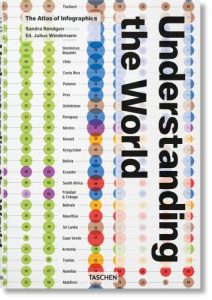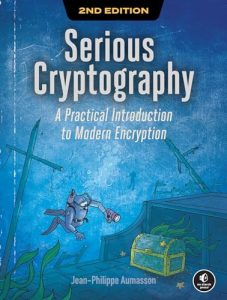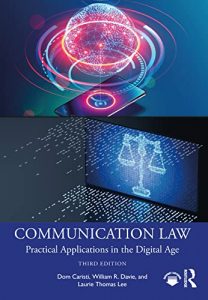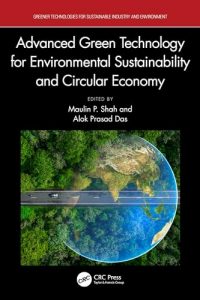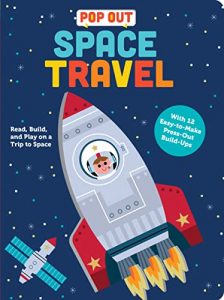In an age where information is at our fingertips, the ability to communicate scientific concepts effectively is more crucial than ever. Popular science communication serves as the bridge that connects intricate theories and discoveries to the general public, reaffirming our understanding of the universe around us. The art of explaining science hinges not only on clarity but also on engaging storytelling, making academic concepts accessible and intriguing to a wider audience.
Whether you’re a budding scientist, an educator, or someone who simply loves to delve into scientific discussions, familiarizing yourself with these essential reads can enhance your communication prowess. These books not only provide insights into the mechanics of effective communication but also explore the role of popular culture in disseminating scientific knowledge. Let’s dive into some must-read titles that can elevate your understanding and skills in popular science communication.
The Rhetorical Power of Popular Culture: Considering Mediated Texts
This profound examination of how popular culture shapes and disseminates knowledge is essential for anyone interested in bridging the gap between complex scientific ideas and public understanding. The book explores various mediated texts and the rhetorical strategies employed to influence perceptions of science. Authors dissect how media representations can clarify or complicate public understanding of scientific issues, making this work a vital tool for educators and communicators alike. It encourages practitioners to think critically about their messaging and consider the cultural context in which their audience exists. With rich examples and thought-provoking analysis, this book is a brilliant addition to any science communicator’s library.
Routledge Handbook of Public Communication of Science and Technology
Dive deep into the multifaceted world of public communication with this comprehensive handbook offering essential strategies and frameworks to effectively engage audiences in scientific topics. This book is perfect for both seasoned communicators and newcomers, as it encompasses a broad spectrum of approaches, from traditional methods to innovative practices in the digital realm. Real-world case studies and scholarly insights provide readers with a toolkit to navigate complex discussions about science and technology, ensuring that they meet their audience where it is.
The Science of Effective Communication: Improve Your Social Skills
This compelling title takes a more personal approach to communication, emphasizing the significance of interpersonal skills in discussing science effectively. By improving your social skills, you can create more engaging discussions that foster deeper understanding and interest. This book’s practical tips and exercises make it a must-have for anyone looking to enhance their charisma and conversational abilities. You’ll learn to navigate informal discussions about science, promoting a natural exchange of ideas that can energize public interest in scientific topics.
An Introduction to Communication and Artificial Intelligence
This contemporary title explores the intersection of advanced technology and communication strategies. As artificial intelligence becomes ubiquitous, understanding its implications for communication—especially in science—is vital. The book delves into how AI can assist in crafting effective messages and sharing scientific knowledge. This is a significant read for anyone wanting to stay ahead of the curve in popular science communication.

